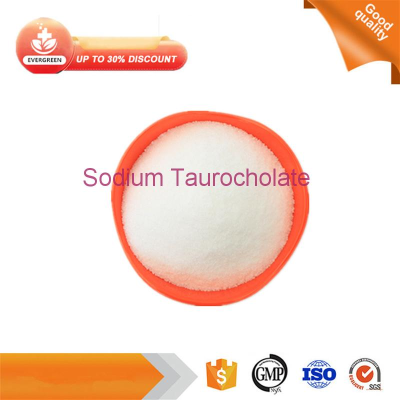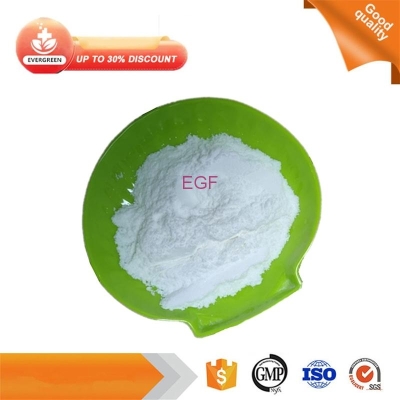-
Categories
-
Pharmaceutical Intermediates
-
Active Pharmaceutical Ingredients
-
Food Additives
- Industrial Coatings
- Agrochemicals
- Dyes and Pigments
- Surfactant
- Flavors and Fragrances
- Chemical Reagents
- Catalyst and Auxiliary
- Natural Products
- Inorganic Chemistry
-
Organic Chemistry
-
Biochemical Engineering
- Analytical Chemistry
- Cosmetic Ingredient
-
Pharmaceutical Intermediates
Promotion
ECHEMI Mall
Wholesale
Weekly Price
Exhibition
News
-
Trade Service
Hepatocellular carcinoma (HCC) is the second most common cause of cancer-related death and the fifth most common cancer in the world.
, however, it is difficult to detect hepatocellular carcinoma early because a combination of liver inflammation and cirrhosis may lead to limited predictive value of existing serological and radiological monitoring methods.
since the 1970s, AFP has been widely used as the main biomarker for liver cancer screening for cirrhosis.
, however, its value as HCC's primary screening tool has been called into question due to its low sensitivity and specificity, particularly for early HCC testing.
, there is still an urgent need in the clinic to assess the risk of cirrhosis and liver cancer with higher diagnostic accuracy and reasonable cost of novel serum biomarkers.
Golki protein 73 (GP73), also known as goerki phosphorus protein 2 (GOLPH2), originally refers to the expression in epithelial cells of the resident Goerki TYPE II transfilm protein, in the liver of normal people, GP73 expression is mainly found in the bile gallbladdden cells, and in liver cells only very little expression.
, however, in patients with acute or chronic liver disease, especially in HCC, the expression of GP73 in liver cells increased significantly.
, the purpose of this study is to specifically assess the effectiveness of GP73 as a potential diagnostic biomarker for the detection of cirrhosis and HCC.
researchers conducted a retrospective study that quantitatively measured GP73 in 632 patients with viral hepatitis and calculated the AST/Plateboard (PLT) ratio index (APRI) for all patients at the relevant point in time.
203 of these 632 patients had chronic hepatitis B, 183 chronic hepatitis C, 198 alcoholic liver diseases, 28 autoimmune bile siltation liver disease, 15 autoimmune hepatitis and 5 other liver-related diseases.
to assess the occurrence of cirrhosis, liver compensation disorders and/or HCC during follow-up in accordance with internationally recognized guidelines.
baseline assessment, plasma GP73 levels increased in 277 patients (43.8%) out of 632 patients.
GP73 serum-positive was associated with the presence of cirrhosis at baseline (96.4% vs 51.5%, P -lt;0.001), but also with liver cirrhosis (60.3% vs 35.5%, P-lt;0.001), the presence of HCC (18.4% vs 7.9%, 0.001)0.001) and stages of advanced liver cancer (52.9% vs 14.8%, P s 0.002) were significantly related.
compared to the APRI score, GP73 has a higher diagnostic accuracy for cirrhosis (AUC) (95%CI): 0.909 (0.885-0.934) VS 0.849 (0.813-0.886), P=0.003.
combination of GP73 and APRI can further improve accuracy compared to GP73 (AUC: 0.909, P: 0.005) or APRI (AUC: 0.849, P.lt;0.001) alone (AUC:0.925).
HCC patients had significantly higher GP73 levels than non-HCC patients .22.5 (29.2) vs 16 (20.3) units, P .lt;2 0.001), however, the HCC diagnostics have a relatively low diagnostic ability (AUC (95%CI): 0.623 (0.570-0.675).
Kaplan-Meier analysis showed that the GP73 test prognosis in patients with reparative cirrhosis at baseline showed a higher rate of misreponsion (P s 0.036), a significant increase in HCC incidence (P s 0.08) and liver-related deaths (P slt;0.001).
GP73 alone can effectively monitor cirrhosis and is superior to APRI assays, the researchers concluded.
with APRI to further improve its diagnostic performance.
.







